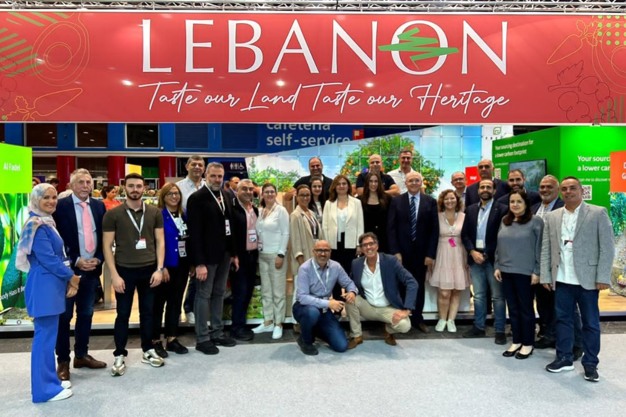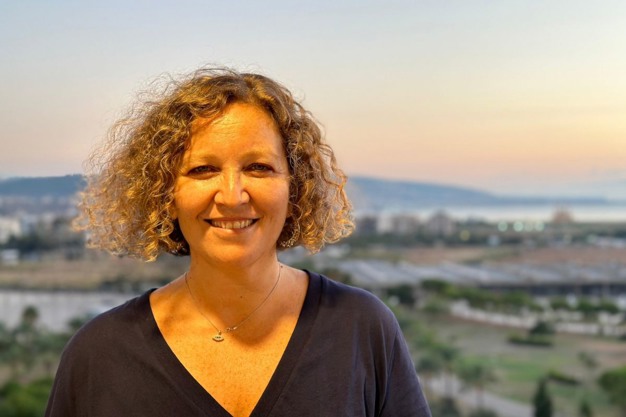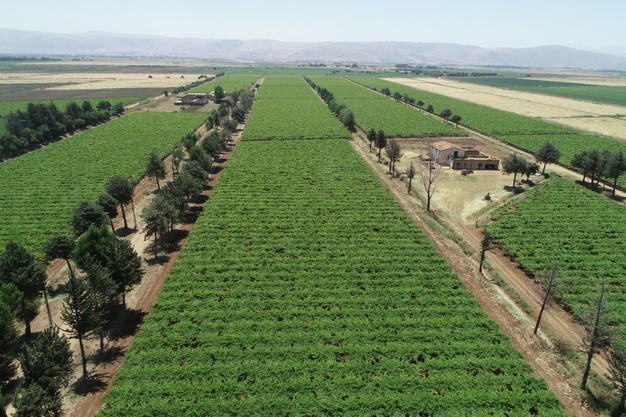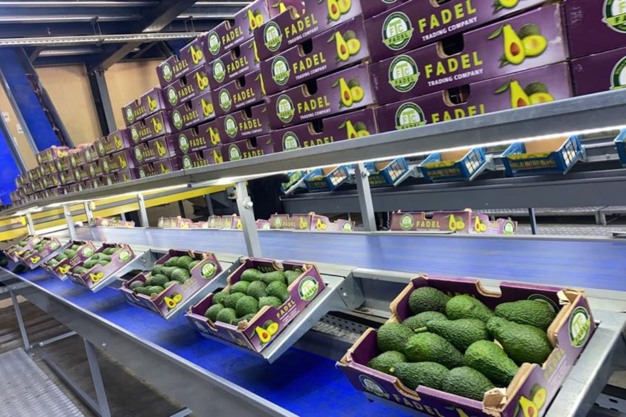The war that loomed over Lebanon is now a reality. The south of the country, and its capital Beirut, are the scene of intense bombing and fighting. Hania Chahal, a Lebanese economist specializing in agro-industry, collected growers' and exporter's testimonies, and explains how the war affects Lebanese crops, lands, and farmers.

Hania left her apartment to take refuge in a safer place, without leaving the country, she recounts: "People leave the areas that are constantly bombed, but we can't leave the country for fear of being trapped outside and not being able to return. The bombing is very intense in the country's most agricultural regions, such as the south and the Bekaa. The impact on many crops, such as table grapes, avocados, olives, citrus fruits, and vegetables, has been severe. Farmers are trying to harvest what they can as soon as possible, but it's not easy."
The economist continues: "In the south, roads are cut off and it is very difficult and dangerous to move and harvest. Entire areas have been lost under the bombs. Facilities such as greenhouses have also been destroyed. There is a shortage of labor due to the displacement of populations. It has to be said that white phosphorus has been used in some areas in South Lebanon. That's a weapon banned worldwide, which has an impact on the soil, surface, and groundwater. Not all crops are impacted, and avocado and vegetable buyers shouldn't be concerned about this. We will have to bear the consequences for a long time to come. The south of Lebanon concentrates the majority of volumes of several crops. It's not just the current season that's affected, but the whole agricultural sector."

Hania Chahal, Lebanese economist
"Growers are striving to harvest quickly," continues Hania: "For some companies that don't rely heavily on labor, such as onions, machinery makes it possible to harvest and supply the local market. This is important for the country's food security. Prices in the local market are still under control, but it's too early to get the full picture and assess the risks in the local market. For the rest, like table grapes or avocados, growers are trying to harvest all they can and export immediately."
The flow of exports has become more complicated, but is not completely paralyzed, according to Hania. She explains: "Beirut International Airport is still operational. Foreign airlines have suspended their services, but the local carrier continues to operate. The seaports are also operational, and lines to some European countries are maintained but are not as frequent as before. Land crossings and roads in general are tricky. Transport costs are rising, and insurance companies are not issuing coverage for goods under the war. Despite all this, growers in the south are managing to export what they harvest. Those in the Bekaa and north are in turn managing to export despite the logistical complications."

Faced with these conditions, many Lebanese exporters have canceled their participation in the Fruit Attraction exhibition in Madrid, reports Hania. According to her, the entire Lebanese pavilion will not be present, whereas it is supposed to host eleven exporters. The same applies to visitors and exhibition walkers from Lebanon. Hania explains: "The first reason is that people are afraid the situation will get worse and they'll be stranded abroad, away from their land and their families. Also, realistically, companies are working in crisis mode, and it's very difficult for them to plan or commit to any programs at the moment. "
"It's a pity, considering the timing," continues Hania. "The Lebanese pavilion is a novelty at international exhibitions, and we've put a lot of effort into finding markets for Lebanese fresh produce over the past two years, and our partners have also made great efforts." Hania cites the CBI (Centre for the Promotion of Imports from developing countries, Dutch government) program, which has just ended, and thanks to which Lebanese exporters were supposed to ship to Europe for the first time this year. She continues, "There are programs to support agricultural exports that have been recently launched such as "sadder" program funded by the Embassy of Kingdom of Netherlands and implemented by RMF, but it's too early to tell what will happen ."

Hania has worked on opening up international markets for Lebanese agricultural exporters, predicts that export promotion will be hit hard by the war in the short term: "I hope it will stop before next February to save contracts and get back in touch with importers. For my part, I will continue my commitments towards the companies and the sector in general from Lebanon while expanding beyond the country, to new markets. I believe the experience accrued through working with different international development organizations such as CBI, and the personal network developed, can be transferred to other companies in the fresh sector."
"Lebanon has been through too much. A conflict cannot be resolved by constant bombing," adds Hania.
She concludes by calling on customers to show flexibility: "I call on customers to stay in touch with their growers, to ask what both parties can do to maintain business. We're seeing customers right now showing a lot of patience, accepting crops too early as soon as they can be harvested, and continuing to source from Lebanon, and this is what responsible business is about."
For more information:
Hania Chahal
Tel: +961 30 428 72
Email: [email protected]
